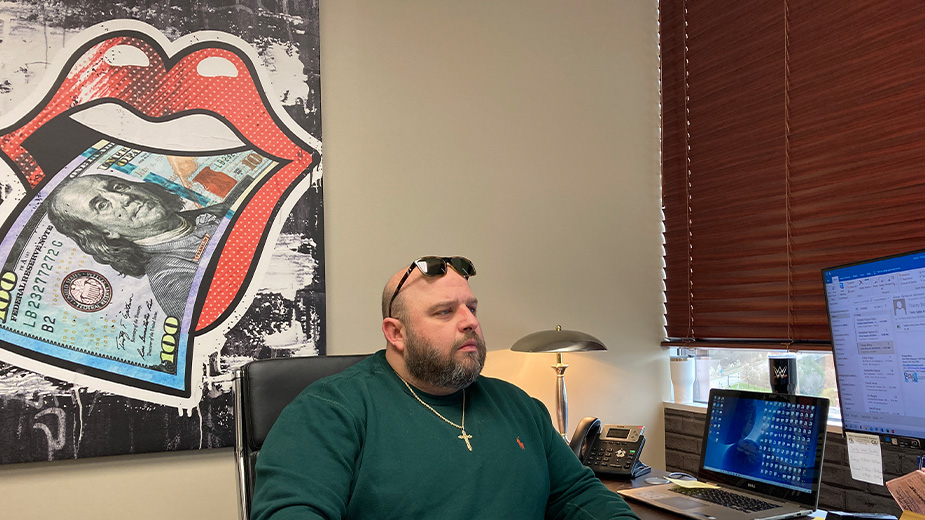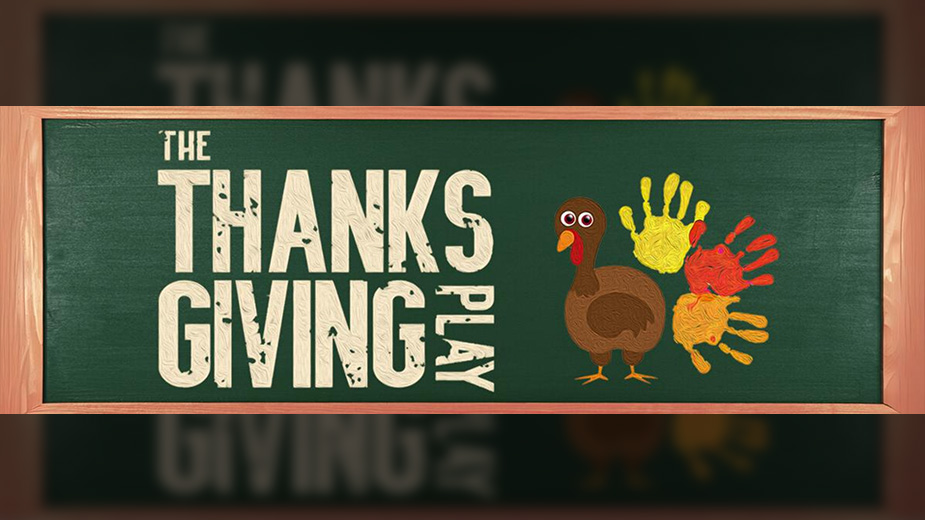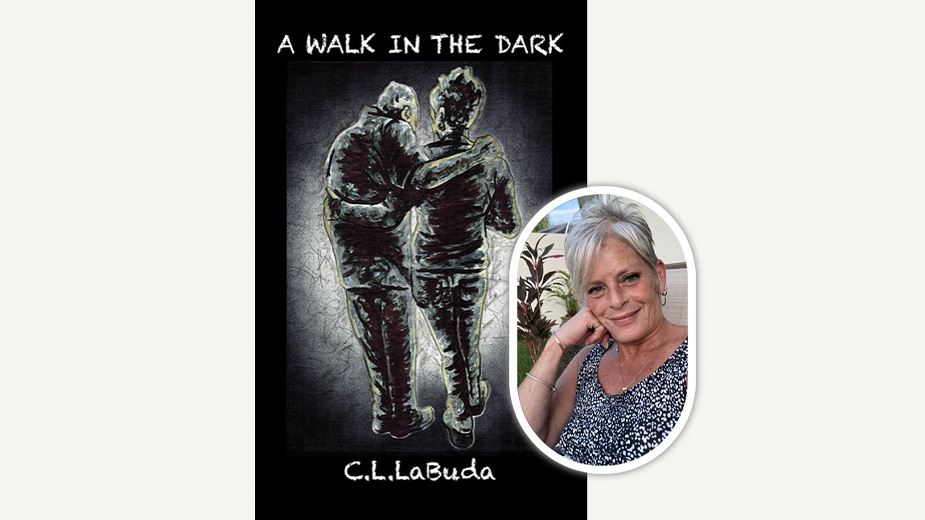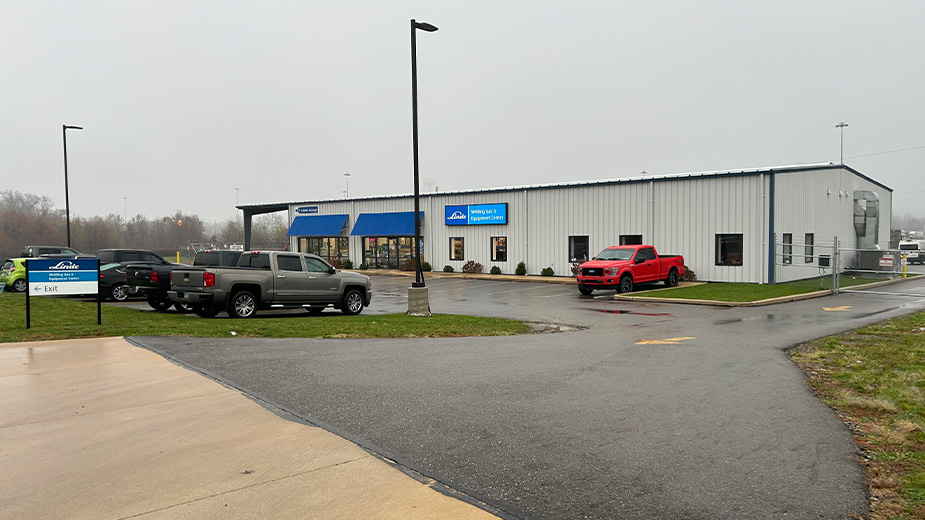Valley Concert Promoters Keep Pace with Changes
YOUNGSTOWN, Ohio – The business of entertaining people in the Mahoning Valley went through a period of rapid evolution in the past two decades.
It began with the opening of Covelli Centre in 2005, which allowed local promoters to take advantage of even bigger changes in the industry at large.
The changes were spurred by the rise of music streaming, which drastically reduced sales of physical media such as CDs. Concerts suddenly became the chief moneymaker for musical artists, who stepped up their touring schedules.
As a result, we’re living in a golden age of live music.
Prior to 2005, Youngstown was not the live entertainment hub that it is today. Few top-level national acts stopped here, largely because there were no suitable venues.
This shortcoming became obvious as bands began to tour more often in the early 2000s.
Today, Youngstown punches well above its weight class in terms of the number and quality of national acts that come to the city, thanks to Covelli Centre and the region’s other new venues.
The list of artists that have played Covelli is impressive. It includes top names in every genre, and names such as Elton John, Rod Stewart, Brad Paisley, Stevie Nicks, Bob Dylan, Alice Cooper and Judas Priest.
The need to lure shows in the summer months led to construction of the Youngstown Foundation Amphitheatre, which opened in 2019. Like Covelli Centre, The Amp is also owned by the city.
JAC Management, which had been managing Covelli since 2007, took the reins of The Amp upon its opening. A few years later, the Youngstown-based building manager and concert promoter also assumed control of Wean Park, which sits between the two venues.
To add more fuel to the Valley’s live entertainment power, JAC took over management of Warren’s underused Packard Music Hall in 2014, giving the promoter a theater venue. Then, in 2020, the renovated Robins Theatre opened in Warren.
Industry Change
For over 20 years, Ken Bigley has been bringing bands to the area. The chief operating officer of JAC Management and JAC Live launched his career as owner of the old Varsity Club on Youngstown’s south side.
The industry, he says, changed forever around 2010 but the writing was on the wall long before then.
“There was a period about 15 years ago when they realized [streaming] was not a trend but a permanent change,” Bigley recalls.
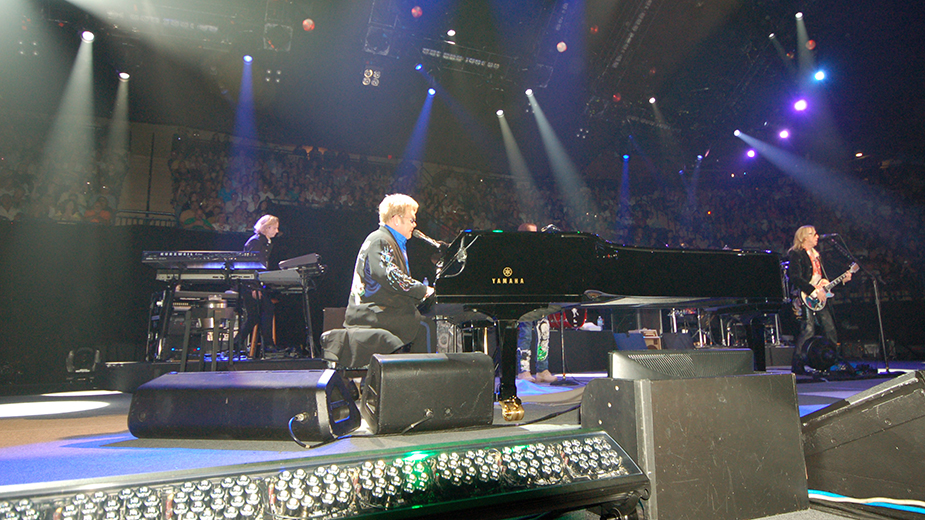
The 2000s were a “Wild West” period, during which the music industry had not yet harnessed streaming or the sale of music files over the internet. The industry eventually shut down free download sites like Napster. But, the shift was already underway and CD sales were in a free fall by 2010.
“Pandora is what legitimized streaming,” Bigley says. The service galvanized listening habits under the streaming station or search-and-play method. Spotify and similar services followed – as did the increase in live performances.
“In the early 2000s, we’d book bands that had songs on the radio, who maybe played the Vans Warped Tour, and pay them $500 to play the bar,” Bigley recalls.
When touring became the main revenue stream, the fees bands commanded from promoters went up.
“After the switch, the same type of bands were getting $5,000,” Bigley says. “Previously, all they wanted was exposure.” Now, performing was their main source of income and they commanded a higher price.
For arena-level bands, the fee went way up and so did the price of their concert tickets. “It pretty much doubled,” Bigley says.
The rock act Journey is an extreme example. The rockers were big in the early ’80s, fell off the grid for a long time, and then had an astounding resurgence as a beloved legacy act.
“In 2001, you could get Journey for $30,000,” Bigley says. “In 2010, it was $300,000.”
Small-market Specialists
JAC Live books concerts in about 20 smaller markets, including Akron, Toledo, Kalamazoo, Mich.; Evansville, Indiana; Peoria and Rockford, Ill.; Dubuque, Iowa; Huntington and Wheeling, W.Va.; and Johnstown, Erie, Reading, and Wilkes-Barre, Pa.
Each market has its unique characteristics and JAC Live takes them into account when it determines
which bands to book and where to book them.
Bigley and JAC President and CEO Eric Ryan are especially cognizant of Youngstown’s spending habits and preferences.
“Youngstown is unique,” Bigley says, describing it as “a work-hard, play-hard” city with income extremes.
“[In terms of income], it’s a market of haves and have-nots,” he says.
The Youngstown market has a larger portion of people with higher incomes than other cities its size and also a larger lower-middle class. It’s something that JAC takes into consideration when setting up the pricing structure of the seating area.
“In Youngstown, we can do $200 tickets in the front rows, but also sell 3,000 tickets for $30,” Bigley says. “A lot of cities can’t do that.”
Community Support
Strong attendance is another plus of the market.
“Youngstowners come out for good entertainment,” Bigley notes.
That 2009 Journey concert was one of the most expensive ones JAC ever promoted at Covelli.
“I was nervous,” Bigley recalls, knowing the company risked losing a lot of money. “But when I pulled into the Covelli parking lot the morning tickets went on sale, the line was wrapped around the back of the building and we sold out in 20 minutes. It was the first time we proved that a massive artist with a massive fee could do well. Youngstown came through.”
JAC has booked many other A-list artists “who have no business playing here,” Bigley says.
Getting the likes of Elton John, Carrie Underwood, Barry Manilow and Lionel Richie to come here became much easier after the market proved it will support such big-ticket shows.
“Once you do it one time,” Bigley says, “there’s your proof.”
Youngstown has also become something of a test-market for acts trying to gauge their drawing power. Bigley cites concerts by then-rising country acts Luke Combs in 2018 and Kane Brown in 2019 “that sold out in a minute.”
Looking into the future, Bigley expects to stay the course. The turbulent period is in the rear view and the current business model should continue.
“I see Youngstown holding its own, especially as The Amp gets more known in the industry,” Bigley says. “After the upheaval of 20 years ago, I don’t see any monster changes in the near future.”
The Robins Theatre
The Valley’s other major promoter is Ken Haidaris, who does most of the booking at the Robins Theatre in Warren. He also stages the River Rock at the Amp series of tribute band concerts at Warren Community Amphitheatre.
The renovated Robins reopened in 2020, just before the pandemic but well after the upswing in live performances.
The theater and the River Rock series have a secondary purpose: to attract people to downtown Warren’s other businesses.
In its four years, the Robins has become one of the busiest venues anywhere. It has concerts scheduled every weekend; some weeks it’s booked six nights.
It has hosted concerts by Wayne Newton, Southside Johnny, Devon Allman, Blue Oyster Cult and Christopher Cross, among many others.
“I think we just got tired of people saying there’s nothing to do,” Haidaris says, “and we want a higher quality of life for everybody.”
Downtown Warren has seen resurgence in recent years, with restaurants and bars opening. River Rock concerts and shows at the Robins bring customers through their doors.
“The Robins Theatre was the last piece of the puzzle,” Haidaris says of the downtown renaissance. “We’re trying to get people in the habit of coming into downtown Warren. We want restaurants full and everything working together.”
Tickets at the Robins tend to be moderately priced. That’s part of Haidaris’ strategy.
Looking ahead, he hopes to widen the demographic of ticket buyers by appealing to Generation Z and fans of other types of entertainment.
Lectures and presentations like those put on by Youngstown Mob Talk or the “Ancient Aliens Live” touring show are one approach.
Touring theater productions and comedy are others.
The Robins recently hosted comedian Basile, who taped a show that will air on Netflix.
Haidaris is also keeping an eye out for touring musicals. The Robins is equipped to handle some musicals but the limited size of its stage puts some shows out of reach.
“We had ‘Menopause, the Musical’ but ‘Jersey Boys’ will not fit on our stage,” he says.
Pictured at top: Ken Bigley of JAC Management and JAC Live.
Copyright 2024 The Business Journal, Youngstown, Ohio.
